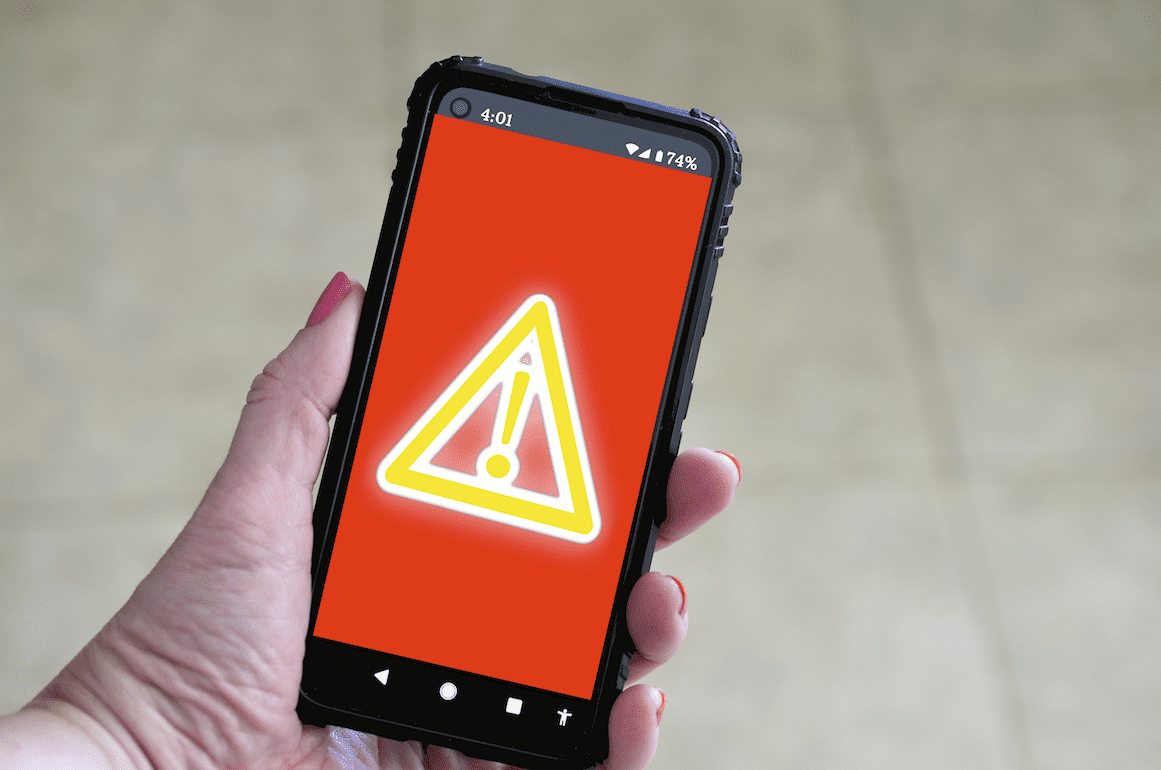Police in Inner Mongolia have busted another e-CNY fraud case, the latest example of a recent rise in crimes involving the digital yuan as China continues the soft rollout of its central bank digital currency (CBDC) across the country.
The police in Baotou, one of the largest cities in the Inner Mongolia region, have arrested a suspect surnamed Gao in what appeared as a tele-scam involving a total of over 8 million yuan (US$1.25 million), local police said in a statement released Saturday.
During the investigation, the police found the money flowed into a specific e-wallet that was later identified as an e-CNY wallet after consulting banks and third-party payment companies.
A police raid also discovered the suspect was facilitating money laundering through e-CNY for an overseas fraud ring, and the police are chasing down the other suspects involved, according to the statement.
China has seen a wave of fraud and money laundering cases involving e-CNY over the past month, just as the country is actively pushing ahead with the development of its new digital currency.
At least seven such cases have emerged across China, according to Forkast.News’ calculation based on publicly available information.
For example, earlier this month, police in Xinmi, a county-level city in central China’s Henan province, also busted a tele-fraud case with e-CNY involved, followed by another case in the eastern province of Jiangsu. More digital yuan scam cases have also emerged in Fujian, Guizhou, Hubei and Hunan provinces.
China is pioneering the world’s first major central bank digital currency. The e-CNY, alternately called the digital renminbi or e-RMB, is issued by the People’s Bank of China (PBOC). Many expect the digital currency to be formally launched in time for the Beijing Winter Olympics in February.
Mu Changchun, director-general of the PBOC’s digital currency institute, said earlier this month at Hong Kong Fintech Week that as of October, about 140 million individuals have opened their wallets, and 10 million corporate wallets have been created. Meanwhile, the e-CNY transaction value amounted to 62 billion yuan (US$9.7 billion), and 1.55 million merchants now accept e-CNY payment, including utilities, catering services, transportation, shopping and government services, Mu added.
In a white paper released in July, the PBOC noted the e-CNY is not a 100% anonymous system, but supports “managed anonymity” with tiers of complexity based on know-your-customer needs.
Richard Turrin, a Shanghai-based fintech consultant who recently published “Cashless: China’s Digital Currency Revolution,” told Forkast.News criminals trying to use China’s CBDC to defraud people must be “the world’s stupidest criminals.”
“The entire point of CBDC is to crack down on fraudulent money conveyance. Why criminals aren’t aware of that yet is surprising to me,” Turrin said. “All Chinese criminals should be aware that e-CNY is the last place you should put stolen money!”
Turrin added that the most important thing to understand about these CBDC fraud cases is that they were not attacks against the system. “Instead, fraudsters are relying on telephone scams that have been in use for ages.”
The recent cases of digital yuan fraud in a country that has demonstrated to have put into place the most severe measures in terms of digital security definitely represent a major red flag. “But in my view, this won’t affect China’s ambition to become the world’s first major economy to roll out a CBDC,” Matteo Giovannini, a senior finance manager at Industrial and Commercial Bank of China, one of the country’s biggest commercial banks, told Forkast.News.
“I expect that the future rise or decline of this kind of e-CNY fraud will basically be correlated to the speed of reaction and intervention of Chinese authorities to tackle criminal activities through a more rigorous risk management analysis and enhancing cybersecurity laws and regulations,” Giovannini said.

